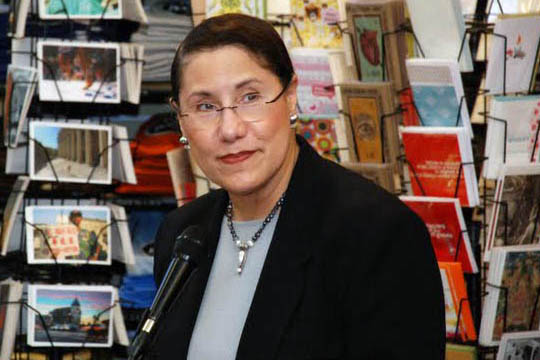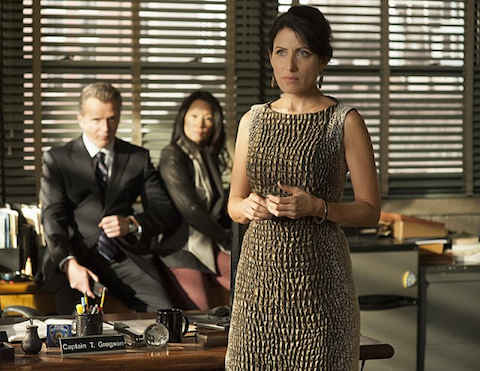When we posted the Respectability Politics Round Table, Black beauty blogger and sex worker Peechington Marie immediately spoke up on Tumblr with a well-justified critique: Why, given that the term “respectability politics” itself originated within Black feminist scholarship, did the round table not include any Black sex workers as participants? We apologized for having this… Continue reading Who Gets Left Out: The People Who Coined The Term—Addendum to the Respectability Politics Round Table
Dogs & Dollars
I’m a SP at a massage studio in Canada and I did pretty well this weekend. Chloe my Rottweiler mix is pretty sure it’s going to translate into extra squeaky toys and jerky treats for her—Brodie Sex workers, submit pictures of your furballs and funds here.
Support Hos: Elementary, Season One (2012)
I’m a sucker for procedurals (while also being deeply ambivalent about them), so of course I was going to watch Elementary, CBS’s not-so-new-now take on Sherlock Holmes; I was immediately sold because female Watson. Played by Lucy Liu. And Jonny Lee Miller as a weird, twitchy, tattooed, recovering-addict Sherlock Holmes. I’m beyond over the BBC’s… Continue reading Support Hos: Elementary, Season One (2012)
Stripper Music Monday: Rihanna’s “Pour It Up” Is A Girls’ Club
Big news this week! Pop superstar extraordinaire Rihanna has changed careers. She’s finally going to pursue her true passion. Rihanna became a stripper.
The Week In Links—October 4th
We covered NYC’s new prostitution courts last week. This week, Robin Richardson of the Sex Workers Project at the Urban Justice Center sent a great letter to the editor in the New York Times discussing the courts and challenging the criminalization of prostitution. In even more exciting news, the Melissa Harris-Perry Show hosted a dialogue on… Continue reading The Week In Links—October 4th


